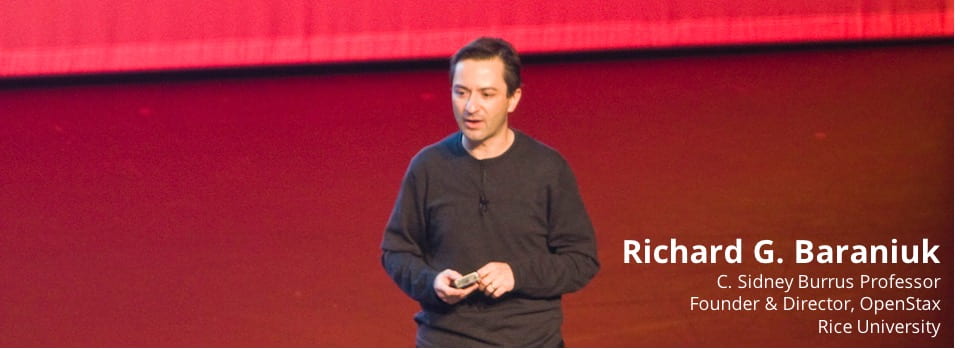Learning Context: A Unified Framework and Roadmap for Context-Aware AI in Education
Naiming (Lucy) Liu, Brittany Bradford, Johaun Hatchett, Gabriel Diaz, Lorenzo Luzi, Zichao (Jack) Wang, Debshila Basu Mallick, Richard Baraniuk
Abstract – We introduce a unified Learning Context (LC) framework designed to transition AI-based education from context-blind mimicry to a principled, holistic understanding of the learner. This white paper provides a multidisciplinary roadmap for making teaching and learning systems context-aware by encoding cognitive, affective, and sociocultural factors over the short, medium, and long term. To realize this vision, we outline concrete steps to operationalize LC theory into an interoperable computational data structure. By leveraging the Model Context Protocol (MCP), we will enable a wide range of AI tools to "warm-start" with durable context and achieve continual, long-term personalization. Finally, we detail our particular LC implementation strategy through the OpenStax digital learning platform ecosystem and SafeInsights R&D infrastructure. Using OpenStax's national reach, we are embedding the LC into authentic educational settings to support millions of learners. All research and pedagogical interventions are conducted within SafeInsights' privacy-preserving data enclaves, ensuring a privacy-first implementation that maintains high ethical standards while reducing equity gaps nationwide.



 Richard Baraniuk, Rice University's C. Sidney Burrus Professor of Electrical and Computer Engineering and founder and director of
Richard Baraniuk, Rice University's C. Sidney Burrus Professor of Electrical and Computer Engineering and founder and director of 


 To help organize the growing literature on AI self-consuming feedback loops, we have launched a "Self-Consuming AI Resources" archive at
To help organize the growing literature on AI self-consuming feedback loops, we have launched a "Self-Consuming AI Resources" archive at 



